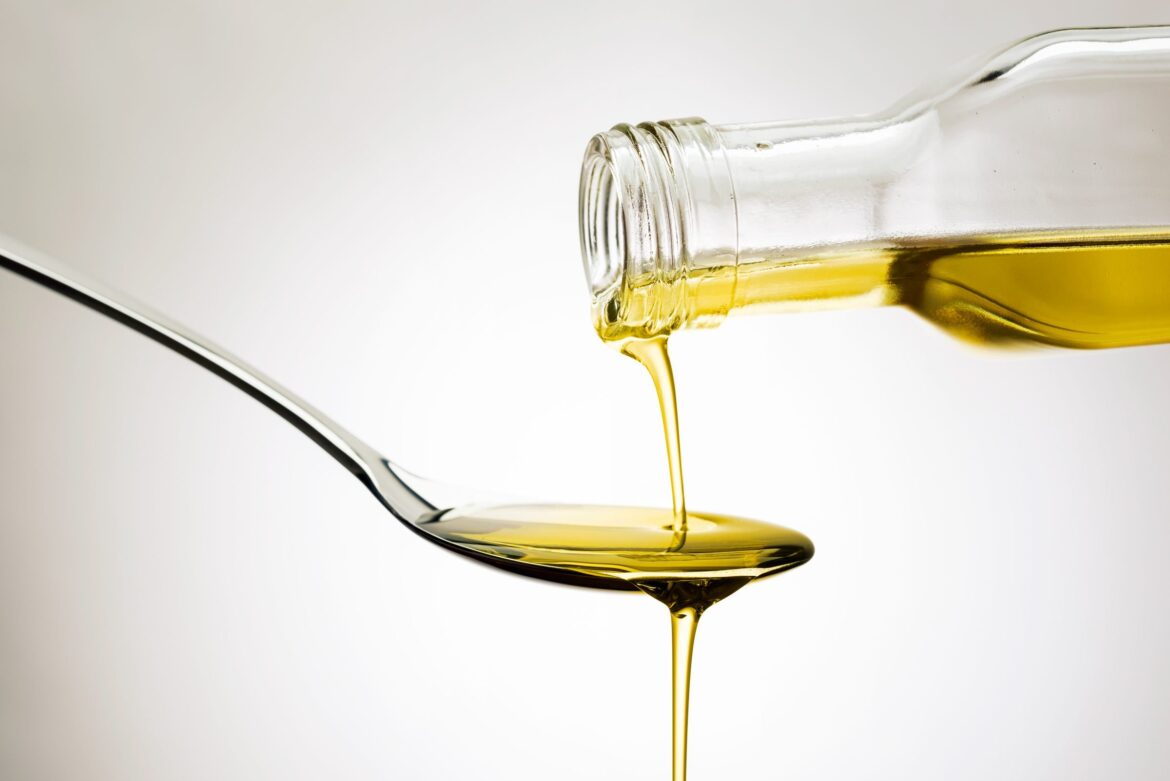Consistent research has shown that unintentional falls are the leading cause of injury and injury-related death among seniors, according to the Centers for Disease Control and Prevention (CDC). While there are many factors that can contribute—impaired vision, poor balance, and medications all can play roles—sarcopenia, or decreased muscle mass resulting in muscle weakness, can be a common culprit.
Muscle weakness and frailty are primarily caused by the natural aging process, explains the Cleveland Clinic. “You gradually begin losing muscle mass and strength sometime in your 30s or 40s. This process picks up between the ages of 65 and 80,” their experts state, though adding that injuries are not an inevitable outcome. New research shows following a healthy diet—specifically one popular program—may even help prevent falls and other injuries.
According to a May 2025 meta-analysis study published in the journal Nutrients, there’s ample evidence to suggest that high adherence to the Mediterranean diet can not only improve heart health and body composition, but also reduce sarcopenia in older adults.
After reviewing 13 studies on the subject, the Barcelona-based team of gerontology and internal medicine researchers stated: “[Mediterranean diet]-based nutritional interventions were associated with improved physical functions such as balance, gait, fall risk, flexibility, and muscle strength”—all of which, they noted, can contribute to injury prevention. “The [Mediterranean diet] also demonstrated a preventive effect against frailty.”
A July 2020 study published in BMJ Journals: Gut suggested that there’s more to this finding than a simple formula of increasing protein intake to increase muscle. Their research suggested following the Mediterranean diet for one year can actually alter the gut microbiome to reduce “deterioration of multiple bodily functions and inflammation, which collectively contribute to frailty.”
So, what should be on your plate, if your aim is to prevent injury and stay stronger for longer? The Cleveland Clinic recommends aiming for 20 to 35 grams of high quality protein in each meal to prevent age-related muscle loss. The Mayo Clinic, meanwhile, recently unveiled a take on the Mediterranean diet with a budget-friendly approach. The researchers for the current meta-analysis remind us of the following pillars of the Mediterranean diet:
“The Mediterranean diet (MD) is characterized by a high intake of plant-based foods, olive oil as the main source of fat, and moderate consumption of seafood, dairy products, poultry, and eggs. Wine is consumed in moderation, and red and processed meats and sugary foods are consumed in limited quantities. Most of these foods are rich in antioxidants and anti-inflammatory molecules, as well as omega-3 fatty acids, which are believed to be responsible for the well-known beneficial effects of the Mediterranean diet.”
Finally, maintaining a physically active lifestyle that includes resistance training exercises and having regular check-ups with your doctor can both support improved outcomes, the Cleveland Clinic notes. Yes, aging happens to all of us, but how you age, at least in part, is up to you.
For daily wellness updates, subscribe to The Healthy by Reader’s Digest newsletter and follow The Healthy on Facebook and Instagram. Keep reading:


Dining and Cooking